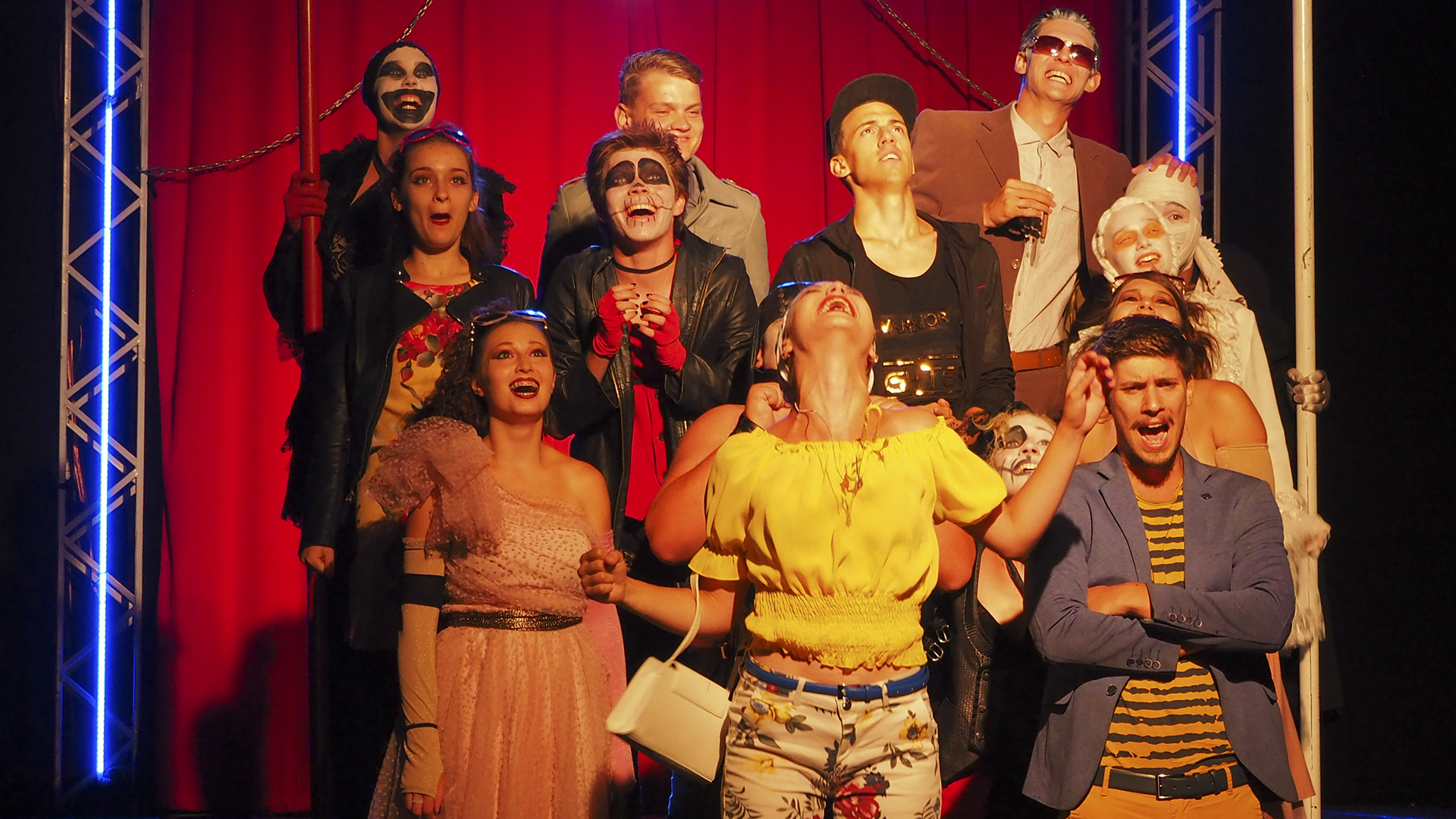
‘Inappropriate’ theater company defies political interference
The Salaš Theater in Vojvodina is leading a little revolution.
|11.08.2021
|
“Just as any other, the Salaš Theater lends its ear to criticism, and is always open for dialogue.”
Director of the Salaš Theater, Daniel GombošOriginally from Subotica, Budapest journalist Gabor Bodiš compares this case to what is happening in Hungary.

Natalija Jakovljevic
Natalija Jakovljevic has had a long career in journalism, working for a number of media in Serbia. She is also member of the Court of Honors at the Independent Journalists’ Association of Vojvodina.
This story was originally written in Serbian.